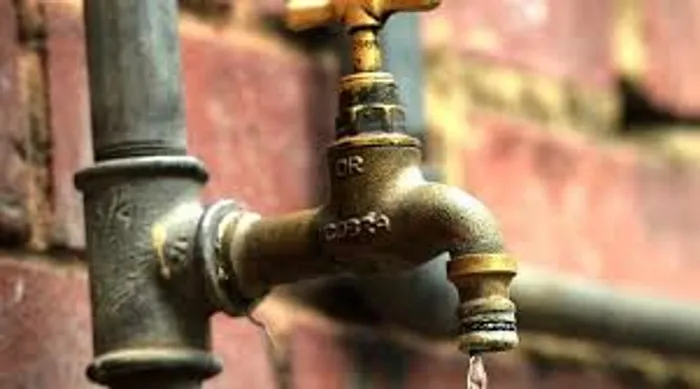Popular Pinetown water retreat closed due to pollution

File Picture: ANA
Durban’s perennial infrastructure woes cast a blight on long weekend activities in the Paradise Nature Reserve near Pinetown after the waterfall was closed due to pollution.
The eThekwini Municipality on Thursday said repairs to the damaged infrastructure was already under way and that all water activities were prohibited.
“However, the public can still enjoy other activities at the Paradise Valley Nature Reserve that do not require them to come into contact with water. The public is strongly urged to heed this warning.
“Teams are hard at work repairing the damaged infrastructure. The public will be informed when it is safe to use the waterfall,” the municipality’s communications team said.
Environmentalists agreed that the City’s lack of maintenance was at the heart of the problem.
Desmond D’Sa of the South Durban Community Environmental Alliance said the City had failed to maintain sewerage lines, leading to multiple contaminations.
“The contaminated water flowed down from Umbilo, all the way through rivers to reach Paradise Valley waterfall. This issue will stink up the rivers and areas around, while the wildlife in the reserve will suffer from the contamination consequences.
D’Sa said ratepayers paid a lot to live in the city but constantly had to deal with deteriorating infrastructure.
“This is a constant issue in the city, where they do not maintain important lines, leading to sewer leakage.
“The new mayor (Cyril Xaba) needs to ensure something will be done to help. It’s happening in most rivers in Durban. Like many rivers that have been contaminated before, the biodiversity and water wildlife will be destroyed at the Paradise Valley Nature Reserve,” said D’Sa.
Morgan Griffiths from the Wildlife and Environment Society of South Africa (Wessa) said poor maintenance, infrastructure damage during the 2021 floods as well as floods earlier this year contributed to the problem.
“And the huge issue, of course, is vandalism and just the lack of maintenance to a lot of our sewage and water infrastructure. And it's gotten to the point now where these sorts of incidents are likely to happen more and more.”
Griffiths who is the senior manager: advocacy, membership and governance for Wessa, said that according to statistics emanating from the Green Drop report, “more and more of our sewage works and sewage infrastructure across the country is facing imminent collapse”.
The Green Drop report scores the wastewater systems in the country.
Griffiths said the length of time it would take for the waterfall in Paradise Valley Nature Reserve to be safe for the public again depended on the cause of the pollution and how much sewage had trickled into it.
He said it wasn't just the E coli levels that had to be dealt with; it was other contaminants as well.
“It's not just human sewage. It's things like your toilet paper, your contraceptives, your feminine hygiene products. It's everything that you pour down your shower, you pour down your sink,” said Griffiths.
Even more worrying, he said, were some of the other things that could be in the water, like detergents and other chemicals.
“You know, you pour some thinners down the sink after doing a paint job. I'm afraid that's where it's ending up. It's the things like growth hormones that are in muck. It's residual medicines. It's things like oestrogens that have been urinated out of people from contraceptives that now enter the water stream and then have impacts on the life cycles of various things, particularly amphibians.”
Griffiths said the residual impact of the pollution could be long lasting, particularly in the case of industrial sewage.
He has encouraged members of the public to deal with environmental issues by reporting them as soon as possible. “Your readership can really help by dealing with these sorts of environmental issues by making those phone calls and sending those emails. Citizen action is so important.”